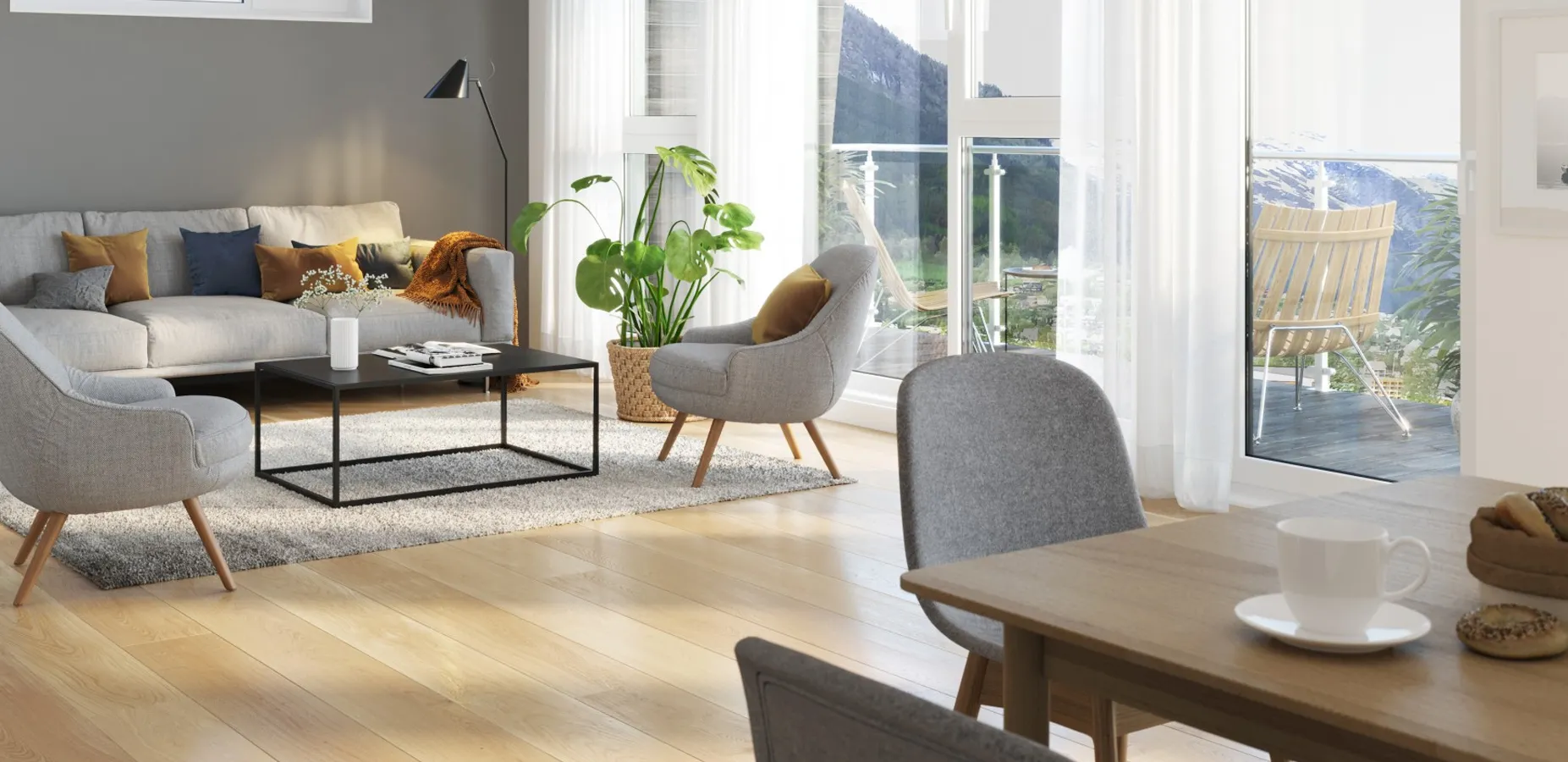commercial kitchen vinyl flooring
The Advantages of Vinyl Flooring for Commercial Kitchens
When it comes to designing and outfitting a commercial kitchen, one of the most crucial decisions involves flooring. The right flooring not only enhances the overall aesthetic but also plays a pivotal role in safety, hygiene, and durability. Among various flooring options available, vinyl flooring has emerged as a favored choice for many commercial kitchens. This article explores the numerous benefits of vinyl flooring in such demanding environments.
1. Durability and Longevity
Commercial kitchens are characterized by high foot traffic, heavy equipment, and potential spills. Vinyl flooring is specifically engineered to withstand these rigorous conditions. Made from resilient materials, vinyl can endure the wear and tear of daily operations, ensuring it retains its appearance and functionality over time. Unlike traditional flooring options like tile or wood, vinyl is less prone to chipping and cracking, making it a cost-effective investment in the long run.
2. Water Resistance
One of the primary concerns in a commercial kitchen is water exposure. Vinyl flooring is inherently water-resistant, which is crucial for areas prone to spills and moisture. This feature helps prevent the growth of mold and mildew, maintaining a healthier environment for kitchen staff. Moreover, seamless vinyl flooring options minimize the risk of water seeping into cracks and crevices, further enhancing hygiene.
Maintaining cleanliness is vital in any commercial kitchen. Vinyl flooring’s smooth surface makes it easy to clean and maintain, requiring minimal effort to keep it looking pristine. Daily sweeping and periodic mopping with appropriate cleaning solutions are usually sufficient to manage hygiene standards. Unlike other flooring materials that may stain easily or require specialized cleaning agents, vinyl’s resilience means that tough stains can often be wiped away with ease.
commercial kitchen vinyl flooring

4. Safety Features
Safety is paramount in a commercial kitchen, where slips and falls can lead to serious injuries. Vinyl flooring options are available with slip-resistant surfaces that provide traction, even when wet. This is particularly important in environments where spills are frequent. Additionally, the cushioned nature of vinyl can reduce the impact of falls and provide comfort for workers who spend long hours on their feet.
5. Versatility in Design
Gone are the days when vinyl flooring was limited to dull, uninspiring designs. Today's vinyl flooring comes in a wide array of colors, patterns, and textures, allowing restaurant owners to choose a style that complements their overall decor. From realistic wood and stone looks to vibrant colors, the design versatility of vinyl can enhance the ambiance of any commercial kitchen.
6. Cost-Effectiveness
While many commercial kitchen flooring options can be costly, vinyl is often more budget-friendly. Not only is the initial investment lower than that of materials like tile or hardwood, but its durability also means lower long-term maintenance and replacement costs.
In conclusion, vinyl flooring stands out as an excellent choice for commercial kitchens due to its durability, water resistance, easy maintenance, safety features, design versatility, and cost-effectiveness. As the culinary world continues to evolve, ensuring that workspaces are equipped with the best materials is essential for efficiency and maintaining health standards. By choosing vinyl flooring, commercial kitchens can achieve a functional, safe, and aesthetically pleasing environment conducive to culinary excellence.
-
Waterproof Advantages of SPC Flooring Vinyl in KitchensAug.06,2025
-
SPC Hybrid Waterproof Flooring Thickness GuideAug.06,2025
-
Leveling Subfloor Before My Floor SPC InstallAug.06,2025
-
How Mesh Deck Skirting Improves Outdoor Pest ControlAug.06,2025
-
Choosing the Right Commercial Flooring for Your Business NeedsAug.06,2025
-
Choosing the Best Residential Flooring: A Comprehensive Guide to Style, Durability, and ComfortAug.06,2025




